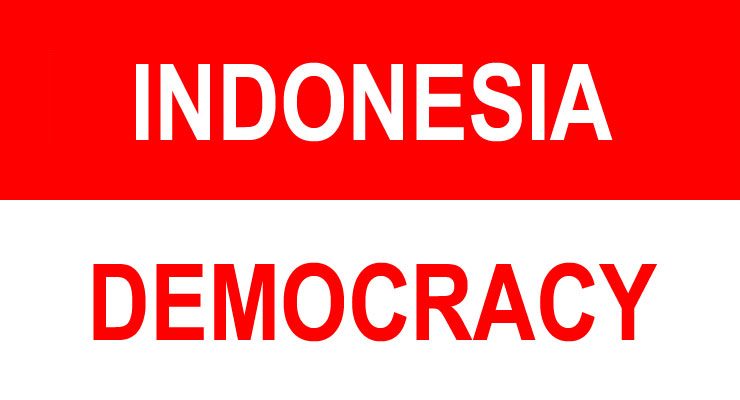
By Voice of America‘s Krithika Varagur:
Retired Indonesian military general Prabowo Subianto could be on a collision course with President Joko Widodo, widely known as Jokowi, for a rematch of their 2014 presidential election battle.
Prabowo sent a ripple through capital-watchers when he convened a party meeting at his West Java estate last week and told party members, “If the Gerindra Party orders me to advance in the upcoming presidential election, I am ready to carry out the task.”
This wasn’t quite a formal announcement of Prabowo‘s candidacy, as some media interpreted the statement — it was slightly more qualified than that. Gerindra doesn’t have enough votes to field a candidate on its own and needs to cement a coalition. “Prabowo is genuinely ambivalent about running for president again,” as Liam Gammon, a political scientist at Australian National University, phrased it.
If Prabowo doesn’t run, there is a slim chance that he joins current President Jokowi’s own ticket as Vice-President — which, according to the Gerindra Party, was on the table in 2014 too.
One thing that seems clear is that a familiar cast of players will be in rotation in 2019, and most likely there will be a direct rematch.
Weak opposition
The resurgence of Prabowo this year “show[s] the weakness of the opposition,” said Yohannes Sulaiman, a defense analyst at General Achmad Yani University. “In mature democracies, like the United States, there are governors, senators, and so forth waiting in the wings.” As an example, he cited the 2016 Republican primary, where there were initially ten people vying for the candidacy. “In Indonesia there are no new candidates at that level right now. And Jokowi is quite popular as well,” he said.
President Jokowi’s favorability rating is strong per recent reports and, as incumbent, he remains the top choice for president in polls from this year. Jokowi’s electability rating is 45-55 percent while Prabowo’s is, at most, 35 percent, according to the Saiful Mujani Research Corporation, a leading pollster.
Prabowo has already been on two losing tickets: in 2009, he was the running mate of Megawati Sukarnoputri, who lost to Susilo Bambang Yudhoyono in a three-way race, and in 2014 he lost to Jokowi.
Jokowi is the first Indonesian president without military ties. A furniture-maker by trade, he rose within a decade from mayor of the Central Javanese city of Solo to governor of Jakarta to the presidency. Prabowo was a Lieutenant General in the Indonesian Army and is married to the daughter of the late President Suharto, who led a military dictatorship for 32 years.
Next steps
Prabowo’s brother has cited “health and [financial] logistics” as potential concerns in his brother’s candidacy decision, but many see this as a hedge until they cement coalition support.
“Perhaps the main factor pushing [Prabowo] toward running, in addition to his own ego and feeling that this is indeed his last chance, is the desire to keep Gerindra as strong as possible,” said Bill Liddle, a political scientist at Ohio State University. “Remember Gerindra is a personalistic party, like Susilo Bambang Yudhoyono’s Partai Demokrat, which lost more than half of its support when he was no longer a candidate. That is likely to happen now to Gerindra if Prabowo is not at the head of its ticket.”
Gerindra now holds about 13 percent of the seats in Parliament and its coalition would need at least 7 percent more in order to field a national candidate. The Islamist Prosperous Justice Party, or PKS, has said that it will support Gerindra no matter who is on its ticket, but Prabowo will likely seek at least one other party so the optics of his coalition are not overtly sectarian. PKS is the most successful Islamist party in Indonesia and has called in the past for implementing sharia nationwide.
As for the putative Jokowi-Prabowo ticket, the chances are slim. A member of Jokowi’s PDI-P party told reporters, “At present, there is something that is not compatible, so common ground is still being sought.”
“If Jokowi and Prabowo somehow joined on a ticket, it would be bad for Indonesian democracy because there would be no opposition,” said Sulaiman.
In the meantime, it is normal that Jokowi remains the frontrunner, said Liddle, “Because an electorally successful president tends to suck all of the air out of the room.”
“The time to watch for new candidates emerging is 2020-2021,” he added. “[Current Jakarta Governor] Anies Baswedan will probably make his move at that time.”
Leave a Reply